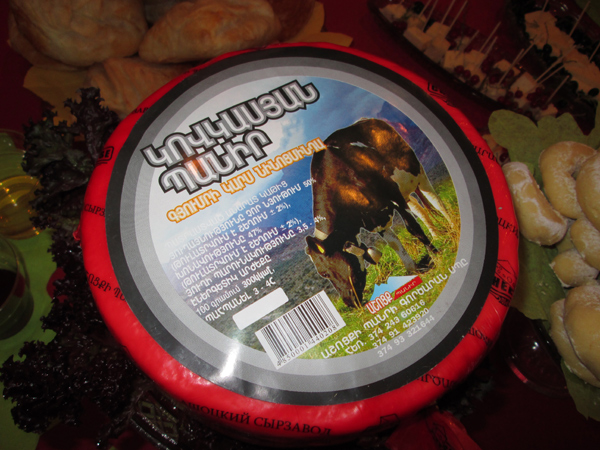While businessmen of various Caucasus, including conflicting states of Georgia, Armenia, Azerbaijan and Turkish are trying to unite creating a variety of brands, for instances, they have already produced “Caucasian tea”, “Caucasian honey”, “Caucasian cheese”, “Caucasian bouquet” (wine) and so on, the Customs Union imposed to Armenia by Russia hampers this economic program, too. Director of the Caucasus Center, Artush Mkrtchyan, who is one that unites Caucasian cheese producers, winemakers, beekeepers and tea producers, is more than convinced that Armenia’s accession to the CU will also wreck the “Caucasus brand” project launched in 2007. The latter has a lot of questions, the answers to which he fails to find. “I did not understand how they will regulate the Karabakh relations with the Customs Union, where the border passes, how the goods will cross the border, how the transit will be made on the territory of Georgia or across other states. There are thousands of legal issues, in which I’m not an expert, but I really think that this is not going to happen. I must say that, indeed, problems will arise for “Caucasian brand” program. How can problems not occur when I bring tea from Georgia, mix it here with herbs and prepare phytotea? How can I bring it from Georgia tomorrow, when Georgia is already another country, in conformity with European standards, whereas ours is in conformity with Customs standards? Moreover, you don’t still know whether there are standards or not. Or, to what extent they function … we would have a great deal of complications,” warns our interlocutor. To our question of whether it turns out that we have not carefully studied the so-called Customs Union, Artush Mkrtchyan expressed an opinion that we have not studies at all. “At least, I have not managed to study it at my level, because everything happened so quickly, even though they are experts that conduct researches, but I don’t have access to them,” said the Director of the Caucasus Center with concern.
NUNE AREVSHATYAN

























































